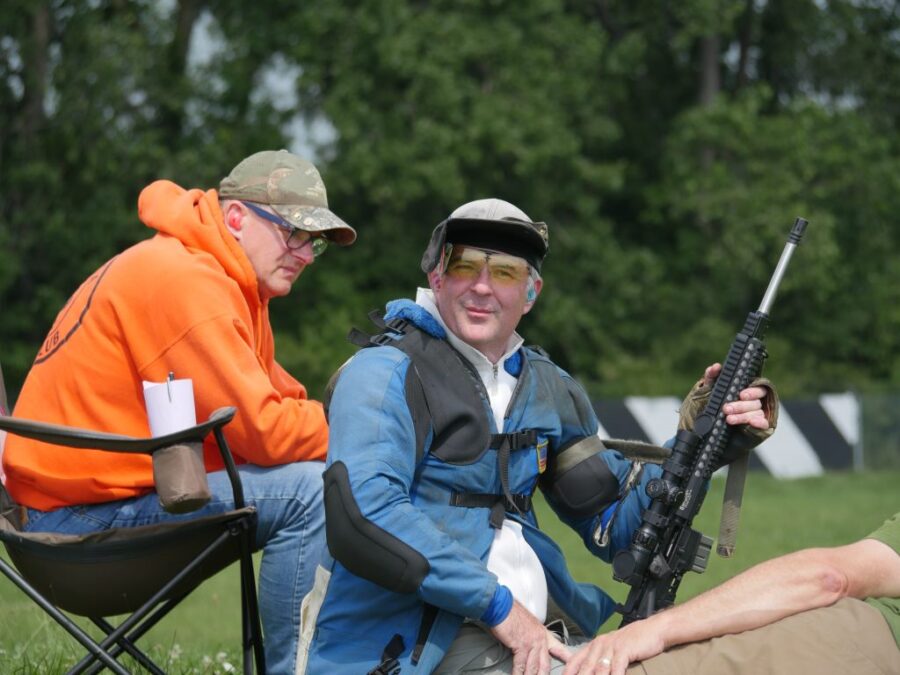Community Support

With all due respect to the ol’ Earl Pitts’ radio comedy sketches: You know what makes me happy? You know what makes me so giddy I could hug a Cabbage Patch Doll? The support that comes from parts of the community.
I recently attended the Petaluma, Calif., Elks Lodge annual law enforcement appreciation night. Members of the lodge hosted and prepared dinner for numerous current and retired cops, dispatchers and prosecuting attorneys. The event is named after a former prosecutor, and his son (also a retired prosecutor) was there as well. Those present, regardless of what their shoulder patches say, were able to hear and see support from the community members they serve every day. And we were able to express our thanks for their efforts and support.
Equally as important, though often less recognized, were the opportunities for current and retired officers to renew relationships with co-workers. I was able to talk with a college classmate who just retired, and three of my training officers (one of whom is the father of a deputy I trained). I had the pleasure of spending time with a deputy who worked for me as well as my last partner from our countywide gang violence suppression team. All things considered, I cannot and will not complain about this opportunity given to us by the community. (And the steak, salad and baked potato were pretty good, too.)
One of the things that made it so enjoyable was its contrast to the day I had before. I still work part-time for my old office in court security. Unfortunately, there are still crimes being committed that require juries to sit in judgment. I spent the day in a courtroom while a jury was being chosen. The allegations against the defendant are among the most significant in the criminal justice system.
Sadly, I heard a few potential jurors comment negatively about law enforcement in general, agencies specifically and officers. Unfortunately, as much as I want to disagree with their statements, I cannot argue that a few members of the profession (out of 800,000 officers, investigators, etc.) have been involved in reprehensible, even criminal acts. Sometimes our problems don’t come from a lack of training. Rather, they come from radically lowered standards. They can come from a lack of competent supervisors and managers who are willing to be present and — like you in your businesses — hold their officers accountable.
Our communities need and want competent first responders who are out there taking care of everyone. Those responders need engaged, invested and present supervisors and managers.
As always, thank you for your continued support. Hopefully, we are doing all that we can for you — our industry partners. Let me know if there is anything we can do for you: erick.gelhaus@fmghq.com.



